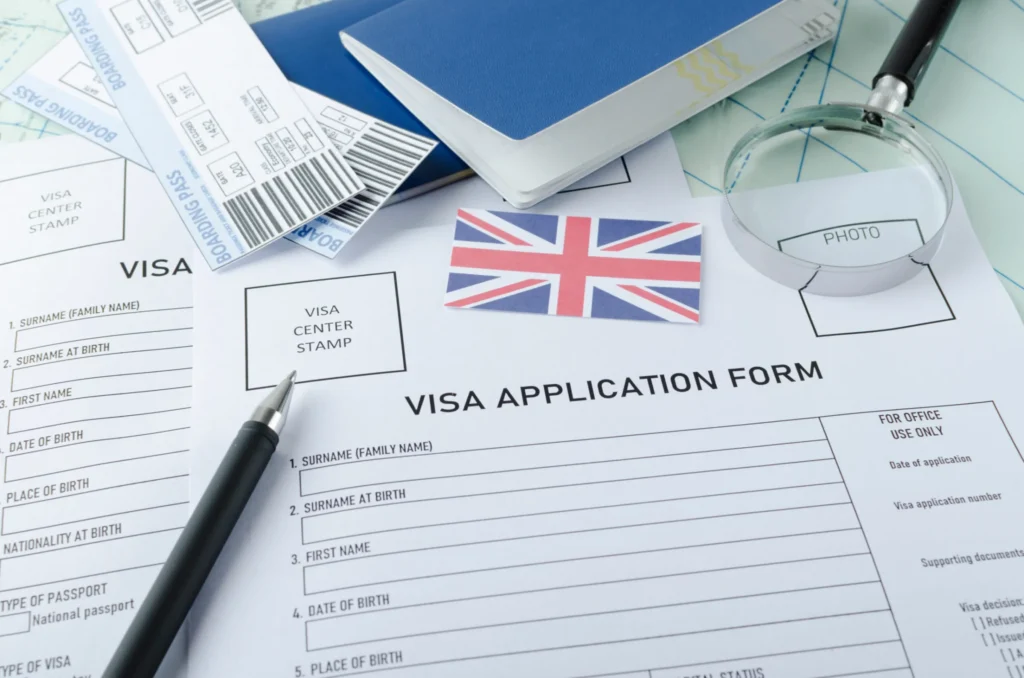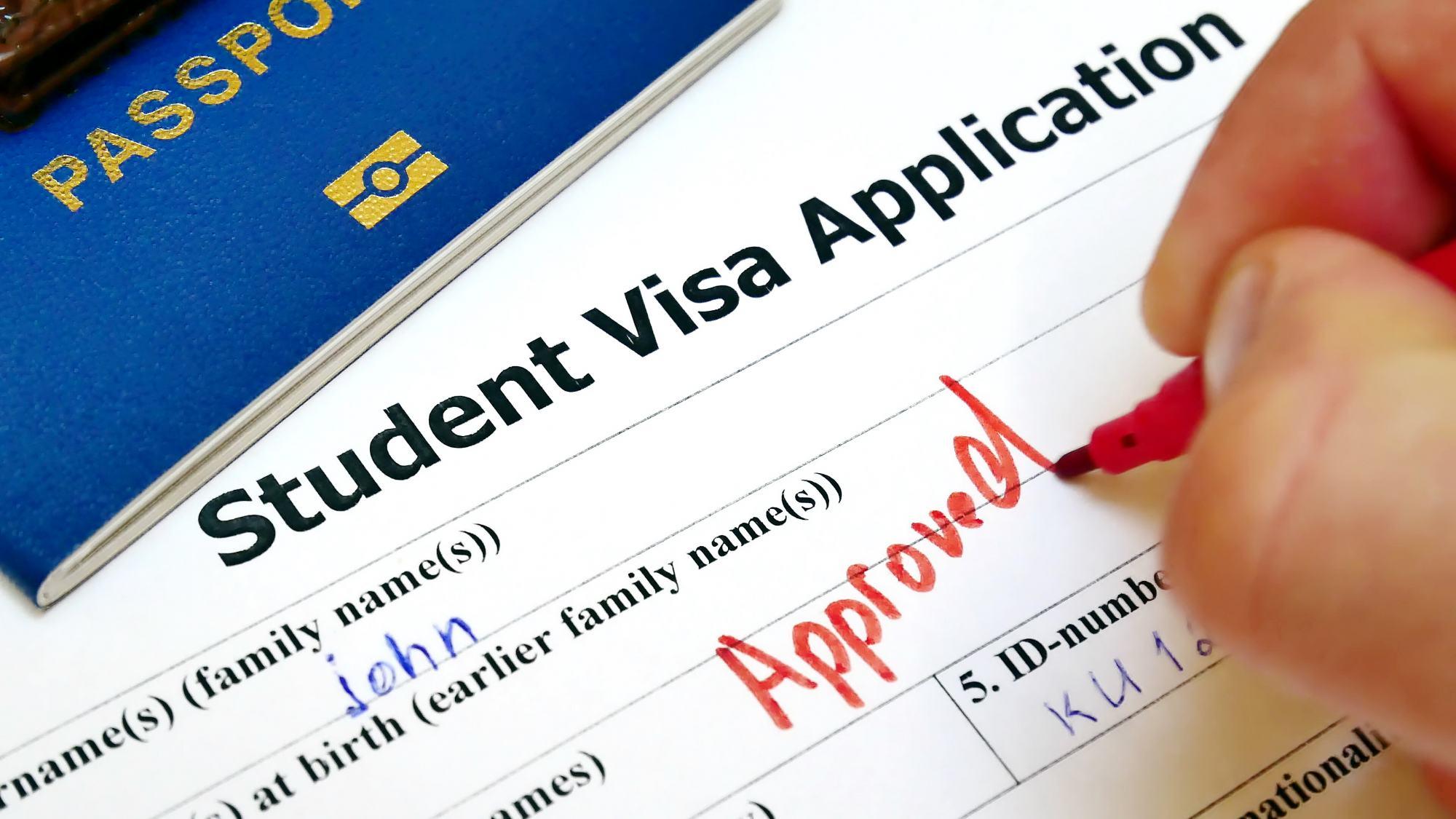The United Kingdom Study Visa is an essential gateway for international students who wish to study in the UK. With world-renowned universities, a rich cultural experience, and countless opportunities for personal and professional development, the UK continues to be one of the most popular destinations for higher education. This comprehensive guide will cover everything you need to know about obtaining a UK Study Visa, including eligibility, application process, requirements, and benefits.
What is the United Kingdom Study Visa?
The United Kingdom Study Visa allows international students to live and study in the UK for a specified period. It is a requirement for students who are attending a course in the UK that lasts longer than six months. The most common type of study visa for students in the UK is the Student Visa (formerly Tier 4), which is for individuals who have received an offer to study at a recognized UK institution. This visa provides students with the legal right to remain in the country during their studies, work part-time, and access a range of other benefits.
Types of UK Study Visas
There are several types of study visas available for different categories of students. The main categories are:
1. Student Visa (General)
This is the most common visa for international students aged 16 or older who have been offered a place on a full-time course of study at a recognized UK educational institution. The course must be a degree-level course or an approved qualification.
2. Child Student Visa
This visa is for children between the ages of 4 and 17 who wish to study at an independent school in the UK. Applicants must have a place at a school that is on the list of approved sponsors.
3. Short-Term Study Visa
For students planning to study in the UK for a short period (less than 6 months), such as language courses or research programs. This visa is typically valid for six months, but it can be extended for certain programs like English language courses.
Eligibility Requirements for a UK Study Visa
To qualify for a UK Study Visa, applicants must meet specific criteria. These requirements can vary based on the type of visa you are applying for and the course you plan to pursue.
1. Acceptance from a Recognized Institution
You must have an unconditional offer of a place on a course at a recognized UK educational institution. The institution should be registered as a licensed sponsor under the UK government’s Student Visa sponsorship system. This could be a university, college, or independent school.
2. Financial Requirements
You must demonstrate that you have enough money to support yourself during your studies in the UK. The required amount depends on where you are studying and how long your course will last. For instance:
- For students in London, you must show you have at least £1,334 per month for up to 9 months.
- For students outside London, the required amount is £1,023 per month.
You must have the funds in your account for at least 28 consecutive days before applying.
3. English Language Proficiency
You must prove that you have sufficient proficiency in the English language. This can be shown through a recognized English language test like IELTS, TOEFL, or other approved tests, or through previous qualifications completed in English.
4. Genuine Intention to Study
You must show that you genuinely intend to study in the UK and that you will leave the country once your course ends. This can be demonstrated through a personal statement and evidence that you have no intention of overstaying your visa.
5. Health Insurance
It is also important to have health coverage while you are in the UK. Most students will need to pay the Immigration Health Surcharge (IHS) as part of their visa application, which gives you access to the National Health Service (NHS) during your stay.
How to Apply for a UK Study Visa
The process for applying for a UK Study Visa involves several steps. Here is a breakdown of the application process:
Step 1: Receive a Confirmation of Acceptance for Studies (CAS)
Before applying for your visa, you must receive a Confirmation of Acceptance for Studies (CAS) from the UK institution you will be attending. The CAS is a unique reference number provided by the educational institution, confirming your place on the course.
Step 2: Prepare Required Documentation
Once you have your CAS, gather all the required documents, including:
- A valid passport
- The CAS reference number
- Proof of sufficient funds
- Proof of English language proficiency (e.g., IELTS test results)
- Evidence of previous academic qualifications
- Immigration Health Surcharge payment receipt
- Tuberculosis (TB) test results (if applicable in your country)
Step 3: Complete the Online Application
You will need to complete the visa application online on the official UK government website. The application form will ask for personal details, your CAS number, and information about your financial status and immigration history.
Title Here
Step 4: Pay the Visa Fee
The visa fee will vary depending on the type and length of the course. Generally, the fee for the Student Visa is £348 for a course lasting more than six months.
Step 5: Attend Biometrics Appointment
After submitting your application, you will be asked to attend a biometrics appointment where your fingerprints and photograph will be taken.
Step 6: Wait for a Decision
Once your application and biometrics are submitted, you will need to wait for the UK Visas and Immigration (UKVI) office to process your application. The standard processing time is typically 3 weeks.
Step 7: Receive Your Visa and Travel to the UK
If your application is approved, you will receive your study visa. You can then travel to the UK to start your studies. Be sure to keep all important documents with you, including your passport, visa, and CAS reference.

Benefits of a UK Study Visa
The UK Study Visa offers several advantages for international students:
1. Work While Studying
With a UK Study Visa, students are allowed to work part-time during their studies. Typically, students can work up to 20 hours per week during term time and full-time during the holidays. This can help students gain valuable work experience and supplement their income.
2. Bring Family Members
Students on a full-time course at degree level or above can bring their dependents (spouse or children) to the UK, provided they meet certain financial requirements.
3. Access to Health Services
With the Immigration Health Surcharge (IHS) included in your visa application, you will have access to the National Health Service (NHS) in the UK for medical treatment, providing peace of mind during your studies.
Patner Companies






